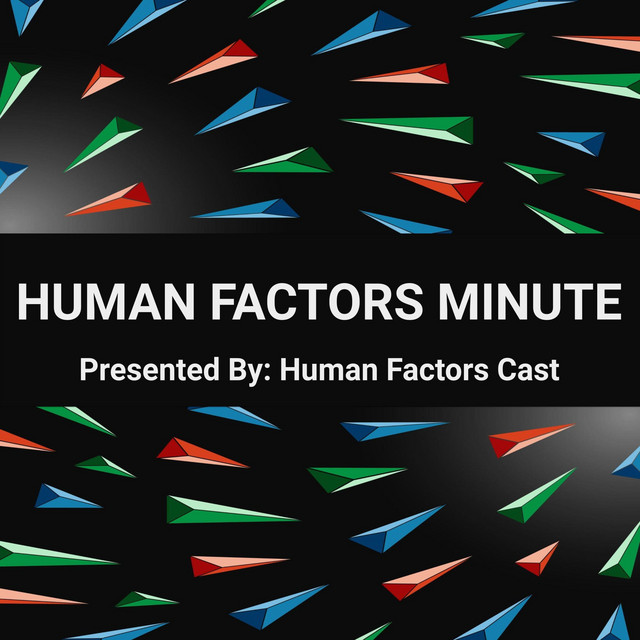bonus
Oil Spill Prevention
Oil spills happen in rivers, bays and the ocean and are most often caused by accidents involving tankers, barges and oil rigs, among other facilities .
But a common cause across all of these oil spills is people making mistakes
In the oil and gas industry, Human Factors is an essential component in the effort to operate in a safe and efficient manner to prevent oil spillage.
Some areas in which Human Factors has a key role include:
-Design of tools, equipment and user interfaces in a way that augments the user’s work performance
-Human and organizational factors in risk assessments and emergency preparedness planning
-Human behaviour and cognition in accident causation
-Efficient decision making and teamwork in stressful or critical situations like oil spills
-Safety culture and safety behaviour improvement programs (including leadership)
-Organizational reliability
The goal is to proactively identify risks and improvement opportunities, apply best practices, and support implementation in business and operational functions.
This is just one of the many ways in which Human Factors can contribute to ensure minimal waste makes it to the ocean
To donate to #teamseas or to find out more about the #teamseas campaign, visit teamseas.org
Be sure to check out our main show at our official website: https://www.humanfactorscast.media
Support us on these platforms to get access to the entire Human Factors Minute library:
- Patreon: https://www.patreon.com/humanfactorscast
- Buy us a coffee: https://www.buymeacoffee.com/hfactorspodcast
Join us on Discord:https://go.humanfactorscast.media/Discord
Follow us:
- Human Factors Cast Merchandise Store: https://www.humanfactorscast.media/p/Store/
- Follow us on Twitch: https://twitch.tv/HumanFactorsCast
- Follow us on YouTube: https://www.youtube.com/HumanFactorsCast
- Follow us on LinkedIn: https://www.linkedin.com/company/humanfactorscast
- Follow us on Twitter: https://www.twitter.com/HFactorsPodcast
- Follow us on Facebook: https://www.facebook.com/HumanFactorsCast
Resources:
- Music by Kevin McLeod: https://incompetech.com/music/royalty-free/
Mentioned in this episode:
Support us on Patreon for access to the full library of Human Factors Minute
https://www.patreon.com/humanfactorscast
Transcript
Oil spills happen in rivers, bays and the ocean and are most often caused by accidents involving tankers, barges and oil rigs, among other facilities .
But a common cause across all of these oil spills is people making mistakes
In the oil and gas industry, Human Factors is an essential component in the effort to operate in a safe and efficient manner to prevent oil spillage.
Some areas in which Human Factors has a key role include:
-Design of tools, equipment and user interfaces in a way that augments the user’s work performance
-Human and organizational factors in risk assessments and emergency preparedness planning
-Human behaviour and cognition in accident causation
-Efficient decision making and teamwork in stressful or critical situations like oil spills
-Safety culture and safety behaviour improvement programs (including leadership)
-Organizational reliability
The goal is to proactively identify risks and improvement opportunities, apply best practices, and support implementation in business and operational functions.
This is just one of the many ways in which Human Factors can contribute to ensure minimal waste makes it to the ocean
To donate to #teamseas or to find out more about the #teamseas campaign, visit teamseas.org


